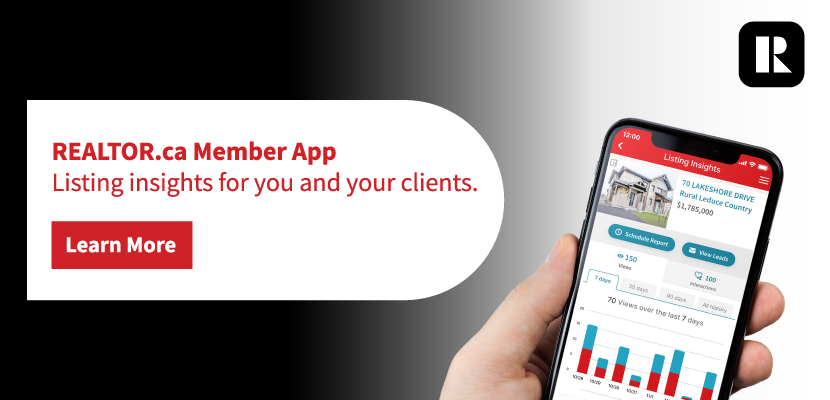You’ve worked with buyer clients Sam and Suzy for months and finally (!) found them what you think is their perfect new home. They were easy-going and fun to work with, and now all your hard work is about to pay off.
You complete the home inspection, which turns up a typical list of minor stuff, and guess what happens?
Sam and Suzy have gone all Jekyl and Hyde on you, and they’re now completely unreasonable! They’re focusing on tiny little things from the inspection and blowing everything completely out of proportion.
You’re gobsmacked.
The deal collapses, Sam and Suzy fire you because “you haven’t got their backs,” and the other agent hates your guts. After all those months of hard work, what do you get? Diddly-squat.
And whose fault is it? Why, it’s your fault.
Despite all that time you spent together with your buyer clients, you committed the sin of not setting proper expectations before the home inspection. Don’t forget, we do home inspections all the time, but Sam and Suzy may have never experienced one before.
That’s why I’ve got a standard pre-inspection speech that I give every buyer client. Keep in mind; this speech is for my local market. Expectations may differ across North America, so take this with a grain of salt. Understand what is “normal” in your own market and modify your speech accordingly.
Also, despite whatever speech you devise for yourself, there are always variables regarding how you might approach the other side after a home inspection. These variables include fluctuating market conditions, your client’s communication style and numerous other factors. Every situation is different, so I never recite my speech word for word. Instead, I modify it to suit the specific situation.
One last caveat: I always recommend one of my two favourite home inspectors to all my buyer clients, so that’s part of my speech. Here it is.
“In my opinion, the inspectors I recommend are the two best in the city. I like them because they’re meticulous and never miss a thing, no matter how minor. Plus, they each provide a detailed report including pictures of every problem area or potential problem area. This report is so extensive, I usually recommend to my clients to keep it and think about it like a custom-designed homeowner’s manual that you’ll be able to reference for years to come.
“Now, even though I already know that they’re going to identify many minor problems, it’s important to understand that there is no such thing as a perfect home, and the purpose of the home inspection is not to make the seller fix every tiny, minor issue.
“The real purpose is to discover if there are any unknown MAJOR problems that could be very expensive to remedy. In that case, we can try to renegotiate with the seller, or as a last resort, you will retain the right to walk away from the deal. Do you have any questions?”
Now, you can discuss the inspection further and lay out a few examples of what might be considered a major problem and how you might approach it. For example, in my market, if a roof is at the end of its life, it is not considered reasonable to expect the seller to pay for a brand new roof. However, a fair solution might be to split the cost.
Do you see how having this conversation ahead of time sets up your client for success?
We’ve all dealt with an inexperienced, unskilled Realtor on the other side of a transaction, who simply doesn’t know how to provide proper expectations, and they think their only role is to “follow their clients’ instructions.” Unfortunately, these agents don’t last long in this business.
The same can be said for many different facets of our business. Simply laying out proper expectations ahead of time can save you huge amounts of headaches and blown-up deals later on.
Great agents anticipate potential problems and set up solutions before they happen.
After Ted Greenhough’s first year as a Realtor, he earned between $590,000-$865,000 every year for 12 consecutive years, all as an individual agent, without ever once making a cold call, reciting a canned script or doing any other “salesy” stuff. Now he runs Agent Skills, an online learning program for agents across North America.














